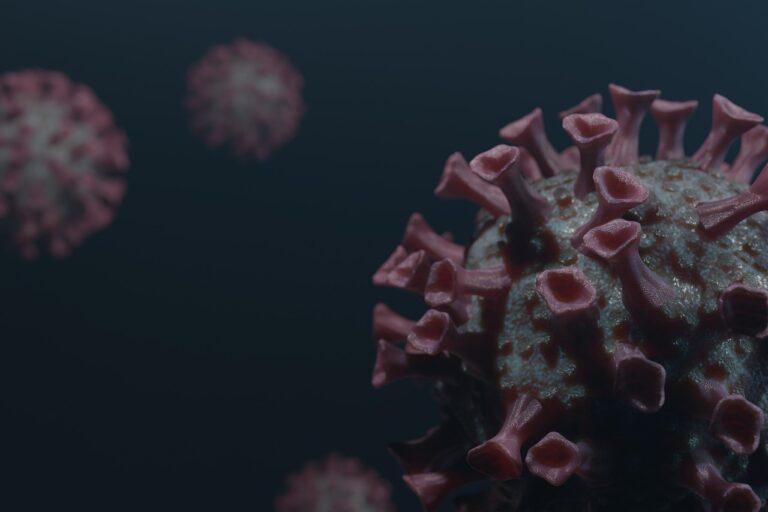Hormonal Imbalances in Men: Causes and Symptoms: All panel mahadev, Lotusbhai, Allpaanel. Com login
all panel mahadev, lotusbhai, allpaanel. com login: Hormonal imbalances in men can have a significant impact on overall health and well-being. From changes in mood and energy levels to weight gain and sexual dysfunction, these imbalances can manifest in various ways. Understanding the causes and symptoms of hormonal imbalances is crucial for identifying and addressing potential issues.
What Causes Hormonal Imbalances in Men?
There are several factors that can contribute to hormonal imbalances in men. Some of the most common causes include:
1. Age: As men age, their hormone levels naturally decline. This can lead to imbalances in testosterone, estrogen, and other hormones.
2. Stress: Chronic stress can disrupt the body’s hormonal balance, leading to issues such as adrenal fatigue and decreased testosterone production.
3. Poor diet: A diet high in processed foods, sugar, and unhealthy fats can contribute to hormonal imbalances by disrupting insulin and leptin levels.
4. Lack of exercise: Regular physical activity is essential for maintaining hormonal balance. A sedentary lifestyle can lead to imbalances in cortisol, testosterone, and other hormones.
5. Medications: Certain medications, such as steroids and antidepressants, can disrupt hormone levels in men.
6. Medical conditions: Conditions such as hypothyroidism, diabetes, and pituitary disorders can also cause hormonal imbalances.
Common Symptoms of Hormonal Imbalances in Men
Hormonal imbalances in men can manifest in a variety of ways. Some of the most common symptoms include:
1. Fatigue: Low testosterone levels can result in decreased energy and fatigue.
2. Weight gain: Hormonal imbalances can lead to changes in metabolism and weight gain, particularly around the abdomen.
3. Mood swings: Fluctuations in hormone levels can affect mood, leading to feelings of irritability, depression, or anxiety.
4. Erectile dysfunction: Low testosterone levels can contribute to issues with sexual performance and libido.
5. Hair loss: Hormonal imbalances can cause hair thinning or loss in men.
6. Insomnia: Disruptions in hormone levels can impact the quality of sleep, leading to insomnia or other sleep disorders.
7. Muscle weakness: Low testosterone levels can result in decreased muscle mass and strength.
8. Changes in appetite: Hormonal imbalances can affect hunger cues and lead to changes in appetite and cravings.
9. Decreased bone density: Imbalances in hormones such as testosterone and estrogen can impact bone health and increase the risk of osteoporosis.
10. Brain fog: Hormonal imbalances can affect cognitive function, leading to issues with concentration and memory.
FAQs About Hormonal Imbalances in Men
Q: How are hormonal imbalances diagnosed in men?
A: Hormonal imbalances in men can be diagnosed through blood tests that measure hormone levels, such as testosterone, estrogen, and thyroid hormones.
Q: Can hormonal imbalances in men be treated?
A: Yes, hormonal imbalances in men can often be treated through lifestyle changes, such as diet, exercise, and stress management, as well as hormone replacement therapy in some cases.
Q: Are hormonal imbalances in men common?
A: Hormonal imbalances in men are more common than many people realize, particularly as they age. However, they can also occur in younger men due to various factors.
Q: What should men do if they suspect they have a hormonal imbalance?
A: Men who suspect they have a hormonal imbalance should consult with a healthcare provider for proper evaluation and treatment.
In conclusion, hormonal imbalances in men can have a significant impact on health and well-being. By understanding the causes and symptoms of these imbalances, men can take proactive steps to address potential issues and improve their overall quality of life. If you suspect you may have a hormonal imbalance, don’t hesitate to seek help and guidance from a healthcare professional.







